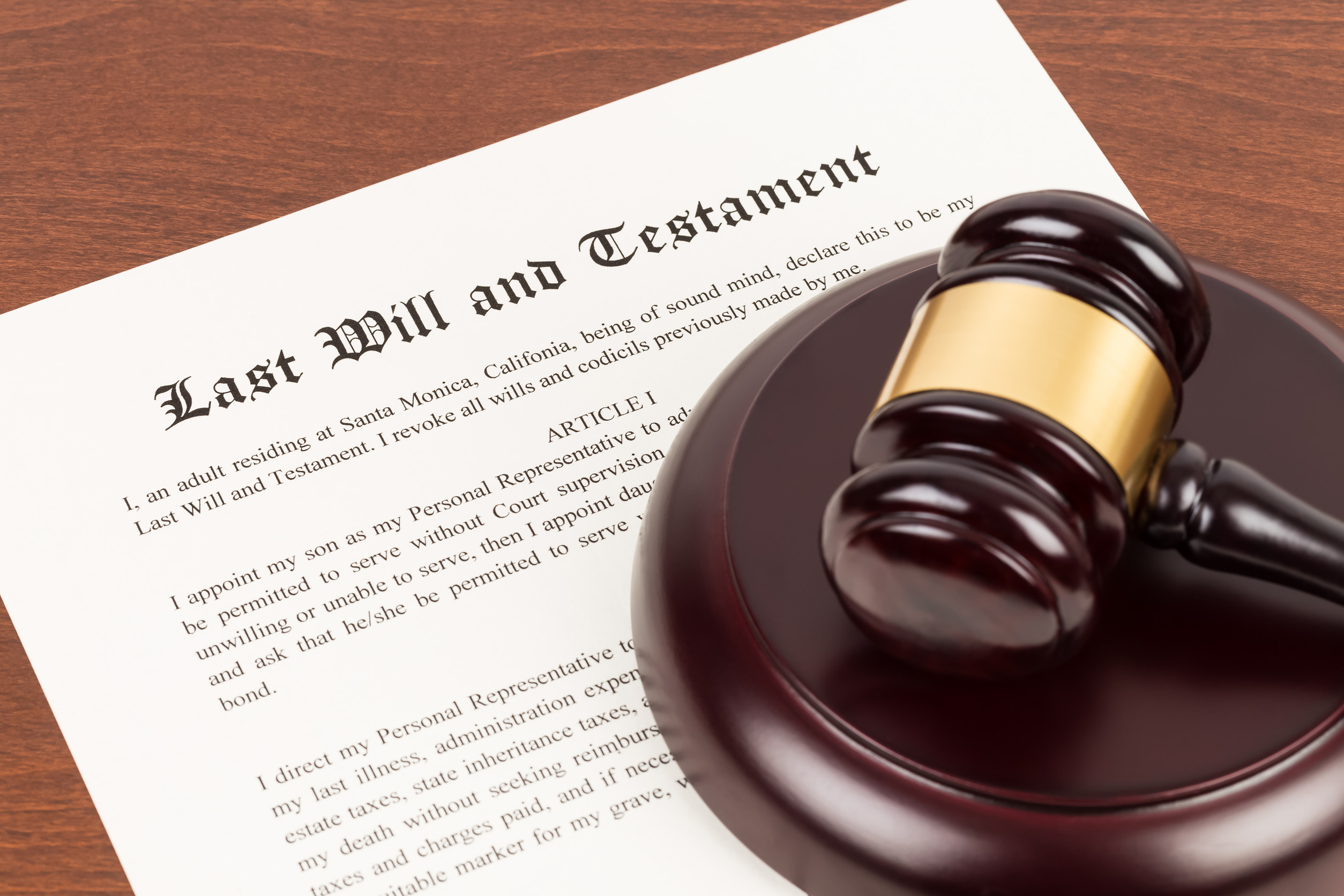
Imagine this: a loved one passes away, and instead of grieving in peace, you find yourself knee-deep in paperwork, waiting months (or even years) for the court to decide what happens to their property. Probate court can feel like a maze with no map, draining time, money, and patience from everyone involved. What’s worse, many people have no idea that certain state laws can push their family straight into probate, even if they thought they’d planned ahead.
Every state sets its own rules, and those rules can make or break how smoothly an estate is handled. Here’s a closer look at eight of the most common state-level rules that could send someone into the probate process—and why knowing them in advance matters.
1. Low Probate Thresholds for Small Estates
Some states have laws that sound helpful at first glance—like small estate exemptions—but the thresholds can be shockingly low. In one state, a few thousand dollars in assets might still require probate because the limit hasn’t been updated in decades. This means even modest savings accounts or a used car could be enough to trigger the court’s involvement. Families expecting a “simple process” often get caught off guard when they discover the estate exceeds the state’s tiny exemption. Suddenly, what felt manageable turns into months of legal hoops.
2. No Transfer-on-Death Options for Property
Not all states allow transfer-on-death deeds for real estate, and that’s a major roadblock for avoiding probate. Without this option, property can’t smoothly pass to heirs without going through the courts. Even if someone has a will, real estate in a restrictive state almost always lands in probate. This creates a drawn-out, costly process that drains the estate before the family even sees a dime. In states that block this tool, loved ones inherit a waiting game instead of a home.
3. Complicated Spousal Inheritance Rules
Some states have very strict guidelines for how assets are divided between a surviving spouse and children from a previous marriage. Even if the deceased left a will, state law can override it in favor of “elective share” rights. That means the spouse is entitled to a certain percentage, forcing probate court to step in and oversee the process. What looks fair on paper often fuels disputes, especially in blended families. Instead of a smooth handoff, families end up in heated legal battles.
4. Restrictions on Joint Ownership
Joint ownership with rights of survivorship is a popular probate-avoidance tool, but some states limit how it applies. In certain places, only married couples can use specific joint ownership structures, cutting off options for siblings, friends, or unmarried partners. When property isn’t clearly structured under state rules, probate becomes the default path. This limitation not only affects real estate but can also apply to bank accounts and investments. One missed detail means the court steps in to sort everything out.
5. No Recognition of Out-of-State Wills
A will made in one state may not always carry full weight in another, thanks to varying requirements for witnesses, notarization, or formatting. Someone who moves without updating their will might leave behind a document that’s partially or completely invalid. When that happens, the estate defaults to probate court to sort through the mess. What could have been a straightforward transfer of assets suddenly gets bogged down in red tape. State-to-state differences make mobility a hidden risk factor.

6. Strict Rules for Digital Assets
More people than ever store wealth in digital accounts, from PayPal balances to cryptocurrency wallets. Yet not every state has clear laws on how these assets should transfer after death. Without updated regulations, probate court often becomes the fallback to verify ownership and access. Families can spend months just trying to unlock accounts, let alone distribute what’s inside. Until states modernize their laws, digital assets remain a fast track to probate.
7. Limited Payable-on-Death Options for Financial Accounts
Payable-on-death designations are a simple way to bypass probate, but not every state allows them on all types of accounts. Some banks and credit unions also restrict how these designations can be used, depending on state law. Without the ability to name beneficiaries directly, accounts land in probate even if the intention was clear. This surprises many families who assume that “the bank will just hand it over.” Instead, the court steps in, and access gets delayed.
8. Mandatory Court Oversight for Certain Estates
In some states, even when everything seems straightforward, laws require formal probate oversight if the estate includes specific types of property. This often applies to real estate, business interests, or high-value personal property. The court gets involved not because of disputes, but because state law insists on it. That mandatory oversight adds months of delay, lawyer fees, and constant paperwork. For families, it feels less like guidance and more like red tape.
Knowledge is the Best Defense
Probate court doesn’t have to be inevitable, but state rules make it easy to stumble into the process without realizing it. From outdated thresholds to missing legal options, the fine print in local laws can have huge consequences. Understanding how these rules work is the first step in building a plan that protects loved ones from unnecessary court battles. The good news is that with the right knowledge and planning, probate isn’t the only path.
What do you think—have you seen state rules cause unexpected probate headaches? Share your thoughts in the comments below!
Read More
Why Probate Courts Are Reviewing Amazon Orders for Clues
Which Retirement Accounts Are Getting Flagged in Probate
The post 8 State Rules That Could Force You Into Probate Court appeared first on Everybody Loves Your Money.







